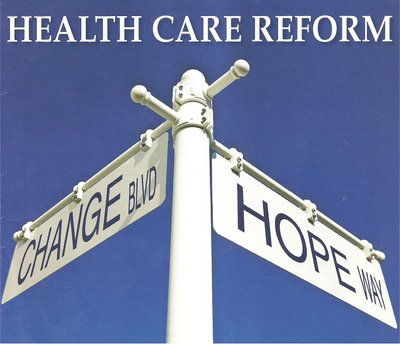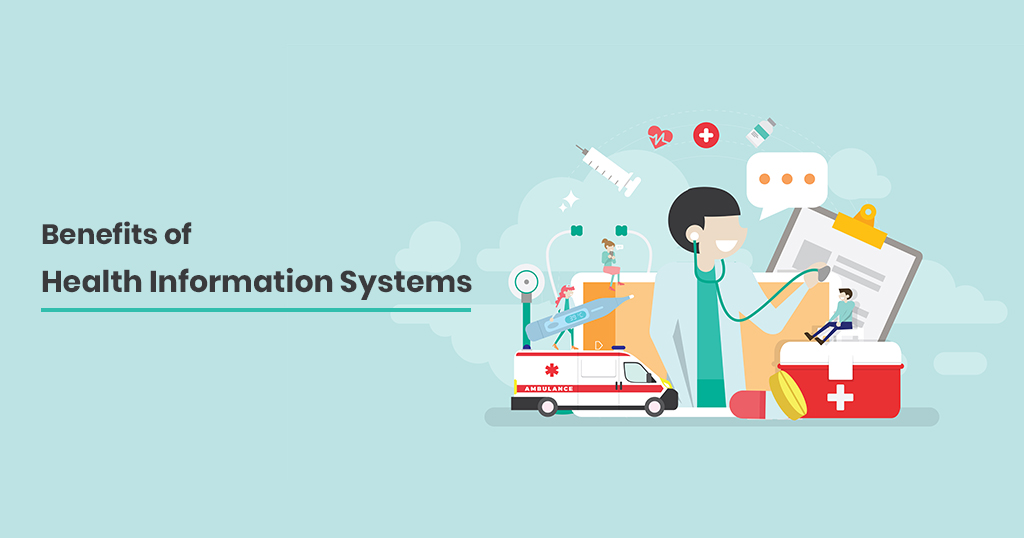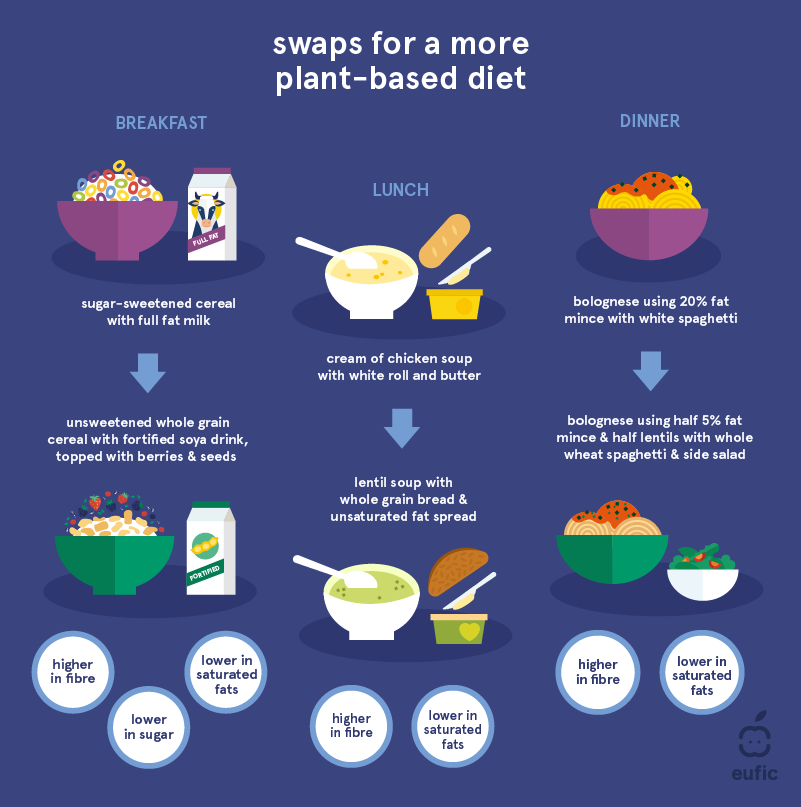
Championing a Greener Tomorrow: Environmental Health Awareness
In a world increasingly aware of its environmental impact, the importance of environmental health awareness cannot be overstated. Let’s explore the interconnectedness of our well-being with the health of the planet and the role each individual plays in fostering a sustainable and healthy future.
Understanding Environmental Health
Environmental health is not a distant concept but a reflection of our daily surroundings. It encompasses the air we breathe, the water we drink, the food we consume, and the overall quality of our environment. Recognizing the link between human health and the health of the environment forms the foundation of environmental health awareness.
Air Quality Matters: Breathing in the Change
The air we breathe is a vital determinant of our well-being. Environmental health awareness calls attention to the quality of the air we inhale daily. From urban pollution to indoor air quality, understanding and addressing air pollution contribute to respiratory health and a reduction in the risk of respiratory diseases.
Water as Life: Preserving Aquatic Ecosystems
Water sustains life, and the health of aquatic ecosystems directly impacts human health. Environmental health awareness advocates for responsible water usage, pollution prevention, and conservation efforts. Preserving clean water
















